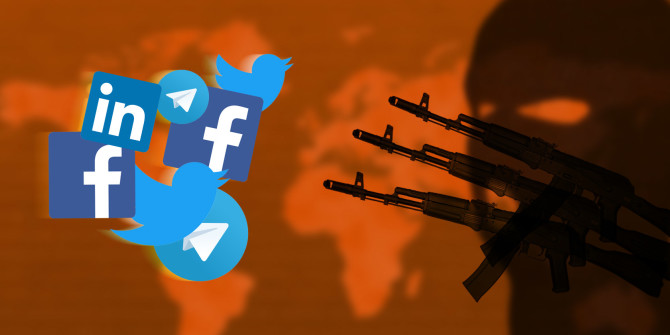Alwaght- The US has refused to join an international bid to stamp out violent extremism online, the White House said citing First Amendment concerns.
The statement issued on Wednesday, noted that the US was “not currently in a position to join the endorsement.”
Focusing on the “unprecedented” cooperation between governments and corporations, New Zealand PM Jacinda Ardern glossed over the US absence from the international agreement, insisting that Washington’s lukewarm response “demonstrates broad and unquestionable support for the call.”
French President Emmanuel Macron was less sanguine, vowing “we will do everything so that we are able to get a concrete and more formal commitment” from the US.
The “Christchurch Call,” unveiled Wednesday by Ardern and Macron, lays out comprehensive measures for restricting the spread of content deemed “violent extremist” or “terrorist.” While admitting that most countries already have laws governing such content, and most tech platforms already prohibit its sharing under their terms of usage, the proposal calls for closer cooperation between corporations, NGOs, and law enforcement, as well as between countries.
Some “collaborative actions” recommended by the agreement include “investigating and prosecuting illegal online activity in regard to detected and/or removed terrorist and violent extremist content,” and “incident management teams” that can “broadly distribute information that is in the public interest” in response to “emerging or active events.”
Eighteen countries – including Canada, Germany, Indonesia, Japan, and the UK – have signed on to the pledge, as have tech companies such as Facebook, Amazon, Google, Microsoft, and Twitter. Facebook promised to ban users who violate its “most serious policies” from livestreaming and buying ads, while all five platforms pledged to develop tools, including AI and machine learning, to remove “extremist” content.
“This isn’t about freedom of expression,” Ardern insisted last month in response to free speech concerns from New Zealanders, “this is about preventing violent extremism and terrorism online.”
The proposal was named after the New Zealand city in which an Australian terrorist murdered 51 Muslim worshippers at two mosques back in March while live-streaming the attack on Facebook. In the aftermath of the attack, the government struggled to keep the footage from resurfacing on the web, imposing unprecedented restrictions on sharing and hosting the video including fines and even jail time.
The Australian terrorist had published a manifesto praising US President Donald Trump and Anders Breivik, the Norwegian white supremacist terrorist who murdered 77 people in Norway in 2011.
The 74-page dossier, which has been described by Australian Prime Minister Scott Morrison as a "work of hate", hailed Trump as "a symbol of renewed white identity and common purpose".



























